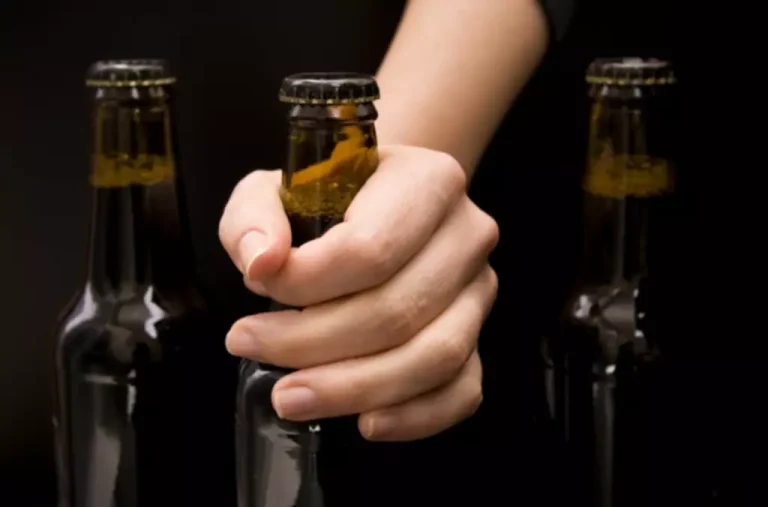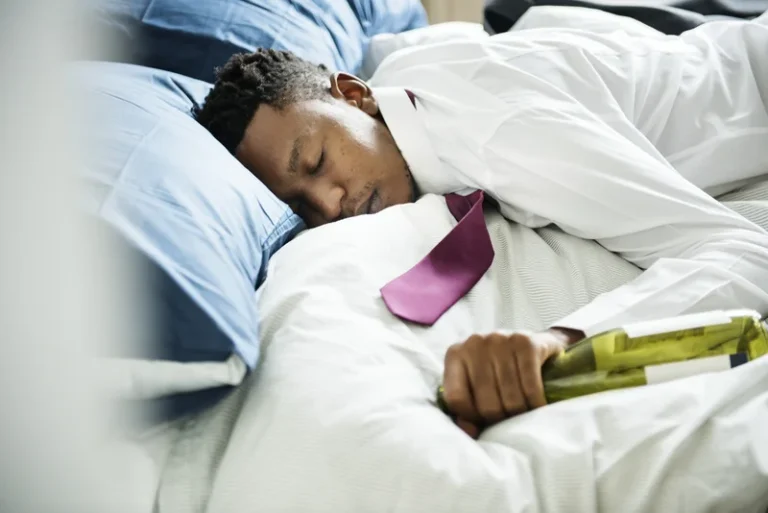Reasons for Drinking After Sobriety and How to Avoid It

Few people manage to change their drinking habits on the first try successfully. In most cases, this is a long learning process accompanied by breakdowns. Any situation requires practice, and sometimes you need to pull yourself together and start over.
Moving towards the goal is not always as direct a path as we would like. It is often a winding road with obstacles that we have to overcome. Coming back to old habits does not mean that you need to give up and give up. It is just a temporary retreat, which does not mean failure. On the contrary, it is an experience that can teach you a lot to do better next time. Changing drinking habits and avoiding drinking again after sobriety is a difficult task — it is part of recovery. But you can’t expect everything to work out perfectly on the first try.
Why you should stop drinking
Abstaining from alcohol means reducing the use of alcoholic beverages to a minimum level or eliminating them from your life. There are numerous reasons why people decide to give up alcohol altogether. These may be health problems caused, among other things, by excessive drinking. Another common reason is the desire of a person to lead a healthy lifestyle, feeling all the advantages of giving up alcohol. Sobriety is required if:
- Alcohol addiction develops rapidly — withdrawal syndrome appears, it is no longer possible to reduce the amount of joy juice you drink on your own.
- As a consequence, the use of alcohol aggravates physical or mental illnesses.
- Even a tiny amount of happy juice leads to a loss of control over oneself — committing rash acts, immoderate splashing out, aggression.
- Pregnancy is planned.
A person can understand whether he is addicted to alcohol by asking himself: «Are you looking for purposes or excuses why you can and should drink? Does it happen often?» It is vital to assess how the situation has changed in recent years and to answer these questions as honestly as possible.

Take back control of your life and start on the road to recovery now.
Difficulties on the way to sobriety
A sense of self-consciousness during recovery may accompany the transition to a sober life due to the loss of social skills. A clean person sometimes begins to realize with surprise that he has forgotten how to communicate with people, does not know how to get acquainted and keep up a conversation, does not know how to get out of conflict situations and solve everyday problems.
During recovery, it would help if you were not afraid of such phenomena. The difficulties described are temporary. Now you have to catch up and learn to live again. Unjustifiably high expectations of the comfort of a sober life make it difficult during the adaptation period. It is undeniable the alcoholic nightmare of the past is indeed hell, but a sober life is not necessarily heaven. It is a decent, average, good transition life. And it is in your power to make it full-fledged, rich, responsible, and meaningful.

First signs of alcoholic breakdown
An alcohol breakdown during treatment is not a one-time use when someone already begins to drink. First, the disruptive process starts. If you do not know how to track it and correct your condition, a relapse occurs — already the direct use of an alcohol-containing drink.
Relapse begins long before a relapse and is a process that starts inconspicuously. The following symptoms help to recognize its approach:
- The person becomes more irritable;
- There are mood swings;
- From time to time, there is a feeling of fatigue, apathy, depression;
- Stressful conditions often arise even because of trifles;
- Feeling of discomfort, gloomy state;
- Feelings of loneliness and isolation;
- The appearance of a desire to drink;
- Persistent thoughts about alcohol.
The latter phenomenon is connected with the mental side of the problem. A person has dreams associated with drinking again after sobriety, and the following day he wakes up in a depressed state, similar to a typical hangover.
Even one symptom from the list should make you wary. It is essential during the period, there is the necessary support. When the first alarm signals are detected, you should contact a specialist psychologist and visit counseling groups more often. During the period, the risk of relapse is high if nothing is done.
If these signs are not detected in time, and it is not understood that it is due to withdrawal, there is a further transfer and connection of one’s state with the outside world, with those reasons which have nothing to do with it.
How does a desire to drink alcohol arise?
Four situations can cause a strong desire to drink alcohol:
- Bad mood. A strong desire to drink arises when a person does not know how to fill his life with pleasant activities, is very tired, and wants to quickly improve his mood and block negative emotions with the help of alcohol.
- Places/people/situations associated with drinking. The subconscious has learned to associate different places, people, and other external circumstances with the use of alcohol, and as soon as a person sees these places/people or gets into an appropriate situation, an association with alcohol and a desire to drink arises.
- Desire to enhance pleasure. Sometimes there is a strong desire to drink to enhance positive emotions — for instance, a pleasant party or meeting.
- Response to withdrawal syndrome. A person who has been drinking alcohol for a long time and in large quantities needs a new dose of alcohol to cope with the withdrawal syndrome and feel better.
Experiencing cravings to start drinking again after sobriety, a person can no longer think clearly and calmly and assess the risks and consequences of drinking alcohol. In a certain sense, it can be compared to a situation where a starving person cannot think of anything else but food. Consequently, it is essential to prepare in advance for such cases.

This can be a difficult journey, but you don’t have to go it alone. Let us be your guide and provide you the environment needed to regain control of your life and begin the path to recovery.
How to deal with alcohol cravings?
There are a few simple ways to deal with alcohol cravings:
- Distraction. One possibility is to direct your attention to some external object and focus on it. For instance, counting passing cars, watching people, looking at buildings and trees, paying attention to details, or estimating the number of red cars passing.
- Direct your imagination in a different direction. It’s like a distraction. In this case, imaginary pictures come to the rescue, such as a stop sign, a policeman, a stone wall, etc., symbolizing the order to stop. Then, you can switch your attention to the world around you.
- Replacing a positive image with a negative one. When a person tries to abstain from alcohol, imaginary pictures of him drinking again after sobriety often appear before his eyes, even in a dream. In such fantasies, alcohol seems pleasant and seductive. In this case, replacing such images with negative ones helps — imagine some negative consequences of drinking alcohol (for example, feeling helpless and hopeless due to the loss of relationships, money, or a job).
- Fear has big eyes, and a person in a stressful situation often sees the future in a negative light. If there is a problem, then its imagined consequences are downright hopeless. It leads to negative emotions which cause the desire to drink. In this case, it is recommended to imagine what will happen if the situation improves. Suppose you try to imagine a positive course of things — finding a new job and overcoming problems. There is hope which the state of health will improve, and the craving for alcohol will not be felt so strongly.
- Playing situations in the imagination. For example, imagine walking into a party and telling the people who are offering you a drink you don’t want. This practice makes it easier to deal with the situation.
Anyone who strives to learn not just to live without alcohol, fight with themselves every day, stay sober and live a happy life should visit the ecosoberhouse.com, which helps rebuild the mind once and for all and refrain from breaking down from alcohol. Here, professionals will be able to help every person who suffers from alcoholism to avoid drinking again after sobriety and start a new life.




